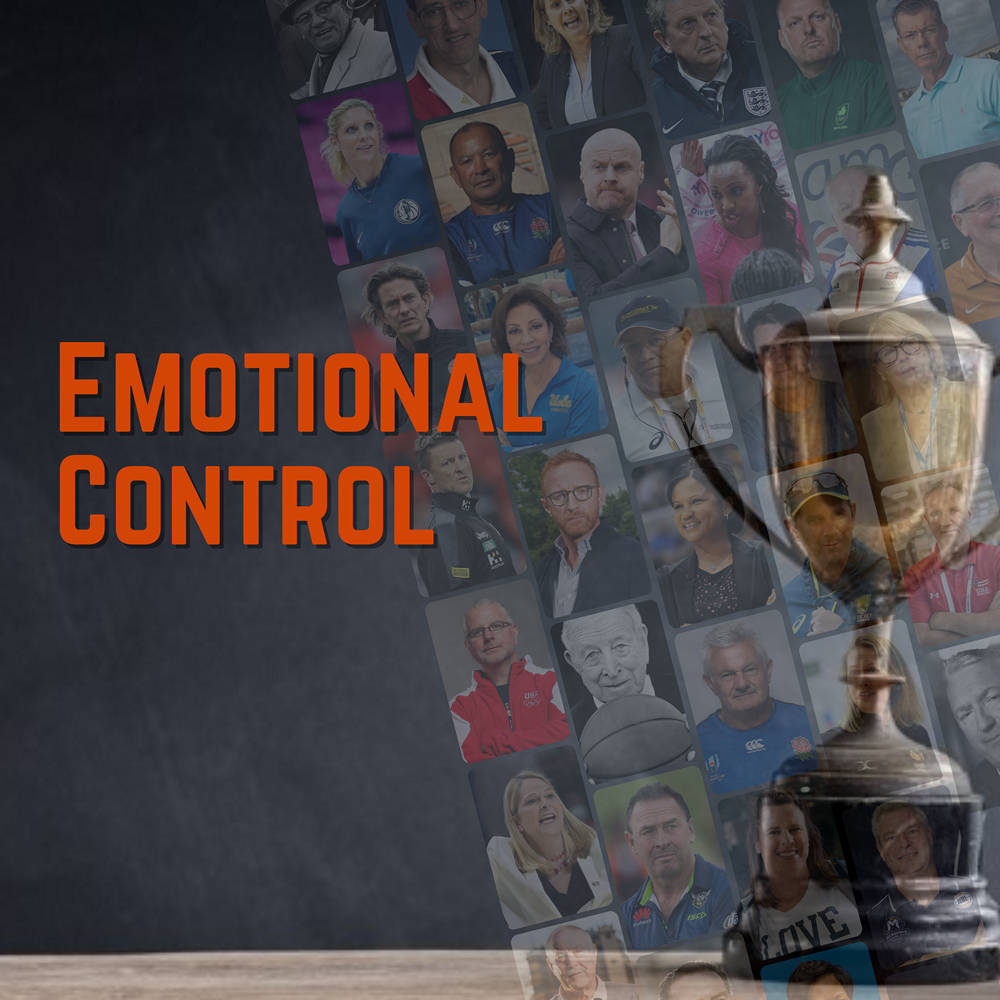In the current fast-paced environment, emotional control has become a essential skill for navigating the challenges of the difficulties of life. Whether it's dealing with stress at work, staying calm during difficult conversations, or resolving conflicts with poise, the ability to manage our emotions can significantly impact our relationships, decision-making, and overall mental health. Understanding the mechanics behind emotional regulation lays the framework for developing strategies that lead to enhanced emotional resilience and stability.
In our exploration of the techniques for improved emotional control, we will explore useful exercises, mindfulness practices, and the role of self-perception. By identifying emotional triggers and learning how to cope with them, we can improve our capacity to stay calm even in the midst of adversity. Accompany us on this journey to tame the personal storm and discover how emotional regulation is not only a individual asset but also a superpower that can pave the way for achievement in different aspects of life.
Understanding Affective Regulation
Emotional regulation is defined as the skill to handle and react to sentimental responses in a healthy plus adaptive way. It involves recognizing one’s affects, comprehending their impact on cognition and actions, and implementing techniques to react suitably. This skill is vital for sustaining psychological well-being and reaching life objectives, as it shapes decision-making, interpersonal connections, and overall health. The process of affective management can vary from one individual to another, depending on individual experiences, ways of coping, and social contexts.
The science behind emotional regulation highlights its value in everyday life. Studies indicates that individuals with high emotional regulation tend to show better mental health outcomes, decreased stress levels, and bettered connections. They are also more adept at managing challenging situations without resorting to harmful conduct. Understanding the neurological functions that drive affective reactions can enable individuals develop more efficient methods for handling their feelings, thus enhancing their emotional intelligence.
A key aspect of emotional regulation is self-recognition. By growing more sensitive to our affective triggers and responses, we strengthen ourselves to handle our responses before they intensify. https://peterashbysmith.com/how-to-reduce-emotional-reactivity-with-stoic-wisdom-and-modern-insight/ -awareness promotes the ability to pause and assess our emotions, allowing for thoughtful rather than impulsive reactions. Such abilities not only foster personal development but also matter greatly in attaining success in various areas of life, from personal bonds to professional contexts.
Techniques for Improving Emotional Regulation
Developing emotional regulation begins with self-knowledge. By recognizing your triggers of emotion, you can more effectively control your responses. Maintain a log to track your emotions and experiences, which can help identifying recurrences over time. Comprehending what circumstances cause emotional turmoil enables you to get ready and create coping strategies, allowing you to respond more thoughtfully rather than reactively.
Mindfulness techniques play a crucial role in emotional control. Methods such as mindful meditation, controlled breathing, and stabilizing exercises can help you stay calm under stress. Engage in a daily practice of mindfulness to cultivate a mindful presence and lower stress. When faced with intense emotions, taking a few moments to breathe deeply can ground you in the now, giving you the perspective needed to react suitably.
Building resilience is important for sustained emotional regulation. Take part in activities that support emotional strength, such as regular physical exercise, a nutritious diet, and adequate sleep. These health choices have a major impact on your emotional well-being. Additionally, building supportive relationships can provide support and insight when handling challenging emotions, ultimately improving your capacity to navigate stress efficiently.
The Impact of Emotional Management on Living
Emotional control has a crucial function in shaping how we navigate our everyday encounters. When persons are equipped to manage their moods effectively, they are better prepared to handle difficulties and setbacks with strength. This ability not only promotes self growth but also boosts general health. By upholding psychological equilibrium, they can face life's highs and negatives with a more tranquil viewpoint, ultimately culminating in a much satisfying existence.
Furthermore, emotional control significantly influences connections. Those who can regulate their emotions generally to interact with greater efficacy, pay attention attentively, and answer to one another with empathy. This fosters a supportive setting for positive engagements, minimizing misunderstandings and conflicts. As a result, strong psychological regulation can contribute to richer relationships with family, friends, and colleagues, improving social systems that are essential for psychological health.
In the professional sphere, affective management is frequently connected to achievement and guidance. People who show calm under pressure are generally viewed as more capable and dependable. This capability is vital when taking actions, particularly in high-stakes circumstances. Companies highly value those who can stay calm and focused, establishing psychological control an indispensable quality for professional advancement and collaborative dynamics. In summary, enhancing psychological management enhances various aspects of living, creating opportunities for better psychological, physical, and interpersonal health.

